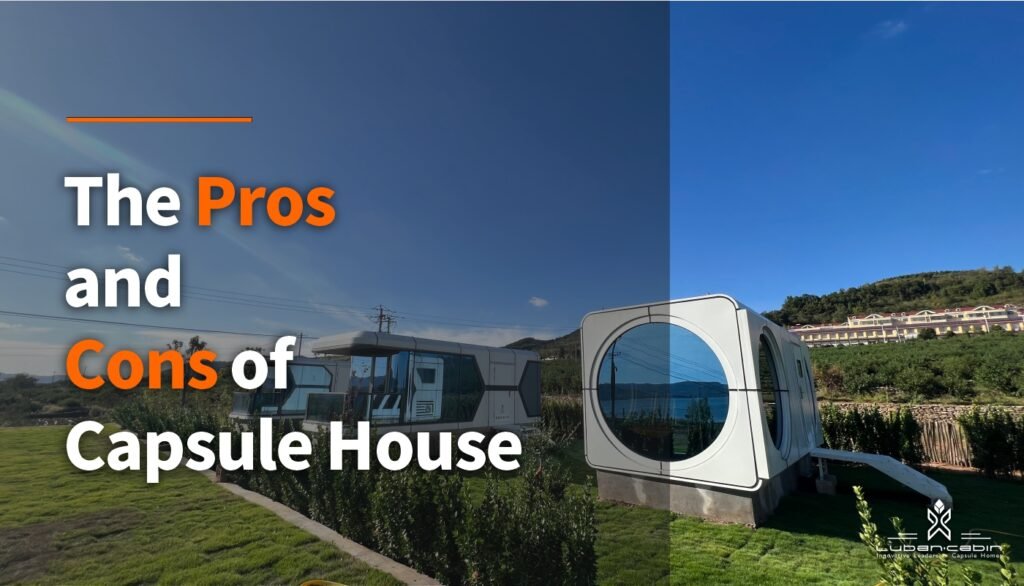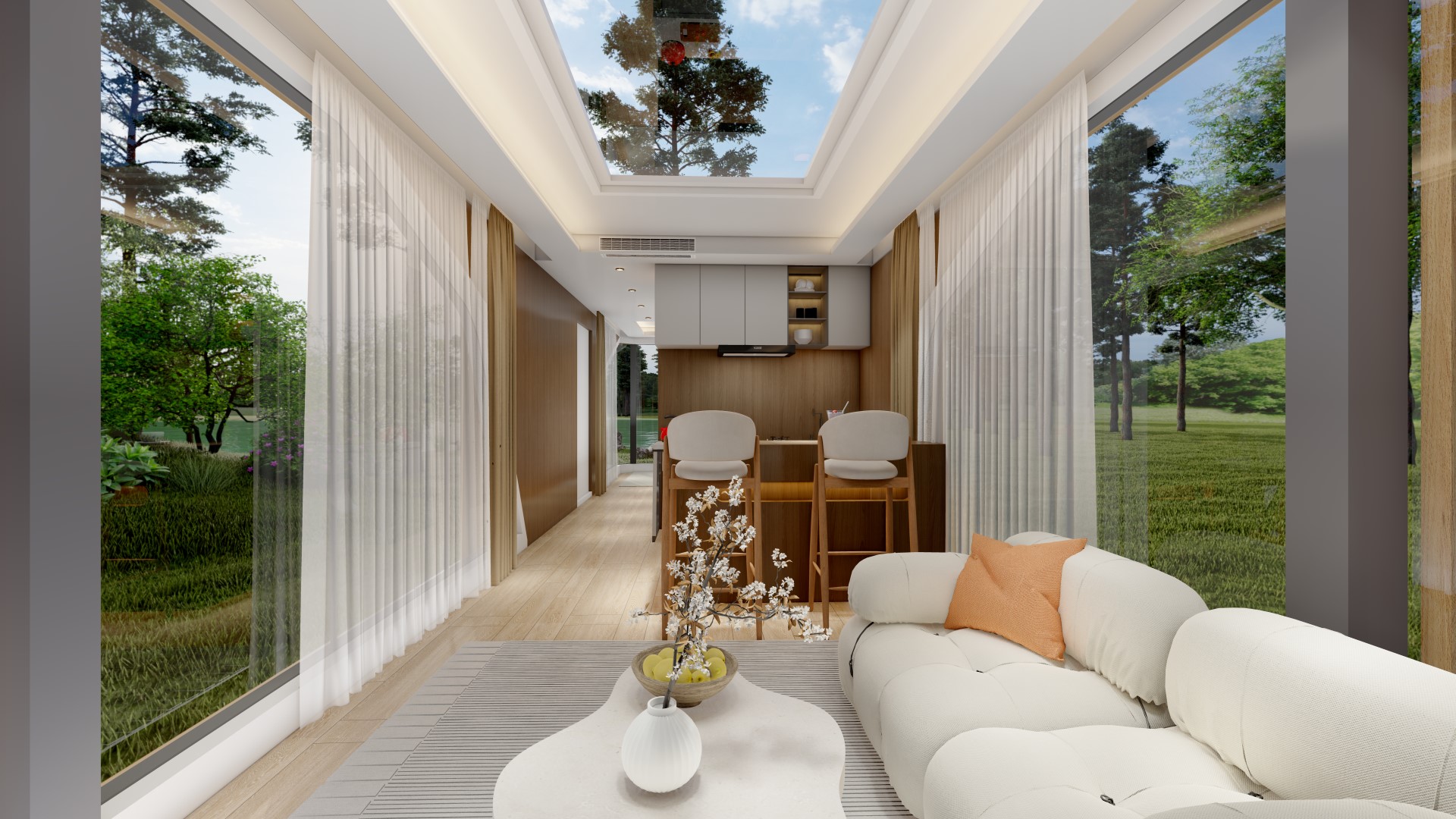Why Modular Homes Are the Future of Lasting Living
Modular homes are progressively identified as a pivotal service for lasting living, using a mix of performance, cost-effectiveness, and environmental benefits. The adaptability of modular styles enables for the integration of lasting innovations and products customized to specific needs.
Environmental Benefits of Modular Homes
The environmental benefits of modular homes stand for a significant action towards lasting living. These homes are created in controlled factory settings, which substantially decreases waste generated throughout the structure procedure. By enhancing materials and decreasing excess, modular construction adds to an extra reliable usage of resources compared to standard structure methods.
Furthermore, modular homes are commonly developed with energy efficiency in mind. Many integrate sophisticated insulation strategies, energy-efficient windows, and lasting products, adding to lower power usage. This can lead to lowered greenhouse gas emissions over the life expectancy of the home, boosting its total ecological profile.
The capability to transport and put together modular components on-site additionally minimizes the carbon footprint associated with building and construction logistics. Numerous modular homes are developed to be versatile and conveniently upgradeable, enabling home owners to carry out sustainable technologies, such as solar panels and energy-efficient heating systems, over time.
Inevitably, the environmental benefits of modular homes not just advertise sustainable living but likewise encourage an even more responsible strategy to real estate growth, lining up with worldwide initiatives to deal with environment modification and maintain natural deposits for future generations.
Cost-Effectiveness and Price
Structure a home typically stands for among the largest economic investments individuals make in their life time, and modular homes supply an engaging service for those seeking cost-effectiveness and affordability. Among the key benefits of modular homes is their reduced construction prices contrasted to conventional site-built homes. The structured manufacturing procedure enables significant savings on labor and products, which equates to decrease rates for consumers.
Furthermore, modular homes generally have shorter construction timelines. This not just lowers expenditures related to funding and insurance however additionally mitigates the risks connected with inflation and changing market conditions. Several customers locate that modular homes can be customized to fit their spending plans without compromising high quality or design.
Moreover, power performance is usually constructed into the style of modular homes, causing decreased utility expenses with time. Numerous suppliers prioritize lasting materials and methods, further enhancing the lasting economic stability of these homes. On the whole, the combination of preliminary price financial savings, quick construction, and continuous power effectiveness makes modular homes an appealing alternative for those wanting to spend in sustainable living without damaging the financial institution.
Performance in Building
Modular homes not only offer financial advantages yet also excel in building effectiveness. The modular structure process entails the simultaneous building and construction of components in a manufacturing facility setting while website prep work happens concurrently. This identical strategy considerably minimizes the total timeline from conception to completion, commonly cutting building time by as much as half contrasted to traditional methods.
Moreover, factory-controlled environments enhance quality control. By making use of precision manufacturing strategies, modular homes are built to precise requirements, minimizing waste and mistakes. This uniformity not just causes a greater quality item but also adds to lasting practices by reducing product waste throughout construction.
In addition, the use of contemporary innovation and automation in the manufacturing process enables quicker setting up and decreased labor expenses. As soon as the modules are moved to the site, they can be efficiently constructed, additionally accelerating the timeline. This structured process is not just helpful for contractors but likewise lessens interruptions to the surrounding setting throughout building.
Customization and Design Adaptability
An excellent variety of customization options differentiates modular homes, allowing property owners to customize their space to meet details demands and choices. This layout versatility is a hallmark of modular building, allowing clients to select whatever from floor strategies and room designs to components and coatings. Unlike standard homes, modular layouts promote a collaborative method where builders and engineers function very closely with property owners, ensuring that each element lines up with private way of livings and visual desires.
In addition, modular homes can be quickly reconfigured or broadened, accommodating altering family characteristics or advancing individual tastes. This adaptability not just boosts the home's capability yet additionally adds to long-term sustainability, as house owners can modify their areas instead of look for new real estate options.

Future Patterns in Sustainable Real Estate
Emerging trends in lasting housing are improving the landscape of household building, emphasizing eco-friendly methods and ingenious technologies. One substantial pattern is the assimilation of smart home innovation, which improves power efficiency through automated systems that optimize and monitor energy intake. This not only minimizes energy prices but also adds to a lower carbon footprint.
Furthermore, using lasting products is becoming progressively usual. Building contractors are selecting recycled, in your area sourced, or swiftly renewable materials, which decrease ecological effect and assistance regional economic situations. Modular homes are gaining popularity visit our website for their decreased waste throughout construction and their flexibility to numerous surfaces and climates.
One more pattern is the consolidation of environment-friendly roof coverings and living wall surfaces, which improve air high quality and supply all-natural insulation. These attributes likewise advertise biodiversity in urban areas.
Final Thought
In verdict, modular homes emerge as a pivotal option for sustainable living, supplying substantial ecological advantages through reduced waste and power effectiveness. click to read Their cost-effectiveness and price resolve the growing housing needs in urban areas, while effective building and construction processes improve general productivity. The inherent modification and style flexibility accommodate diverse choices and needs. As fads in lasting housing advance, modular homes are poised to play an essential role in promoting environment-friendly living practices for future generations.
Building a home usually represents one of the biggest financial investments individuals make in their lifetime, and modular homes use an engaging remedy for those looking for cost-effectiveness and cost. One of the primary advantages of modular homes is their lower building and construction costs compared to standard site-built homes. On the whole, the mix of preliminary price savings, fast construction, and continuous power performance makes modular homes an appealing alternative for those looking to invest in sustainable living without breaking the bank.
Ultimately, the personalization and layout flexibility provided by modular homes make sure that they are not just structures, however customized refuges that reflect the unique identities of their occupants while great post to read promoting sustainable living practices.
